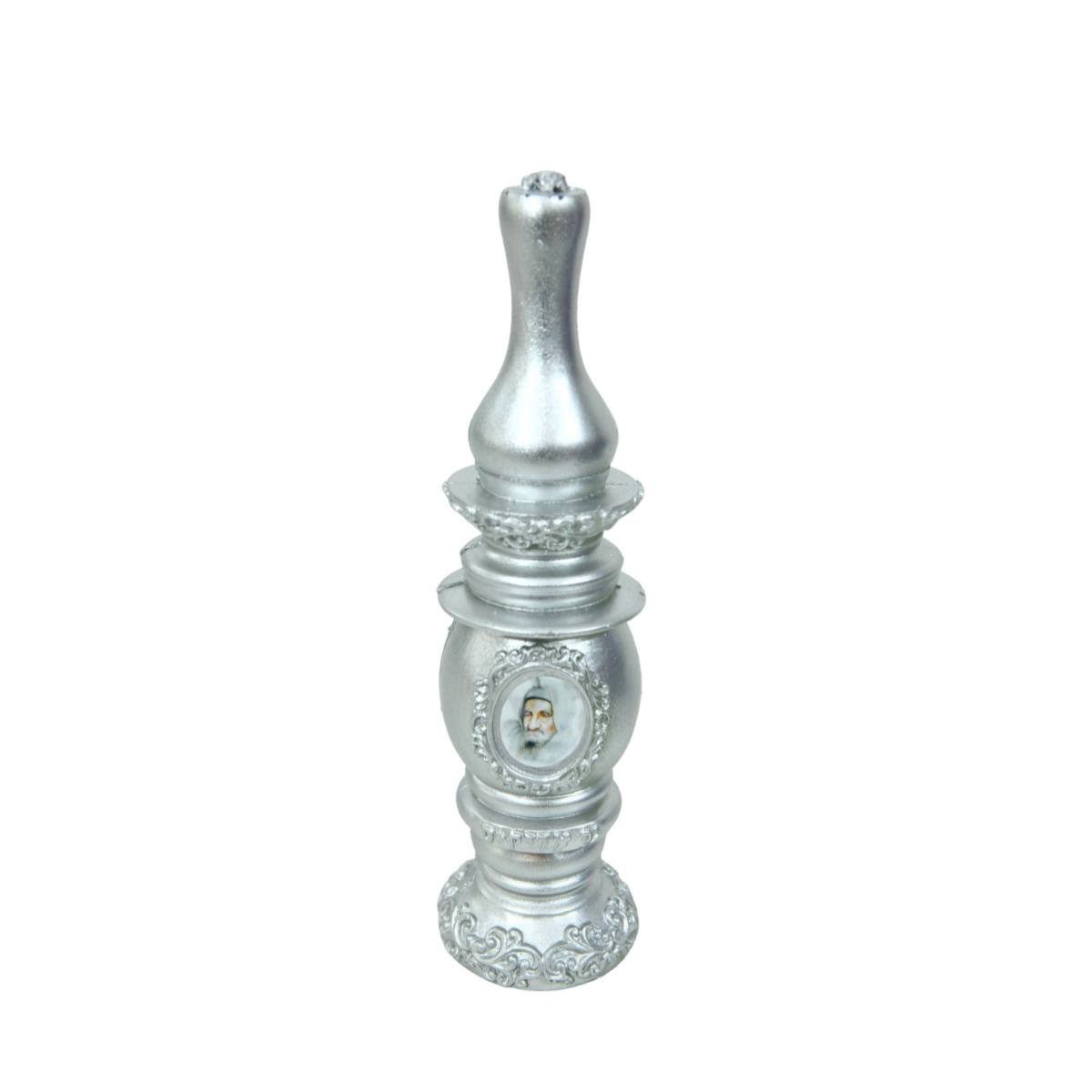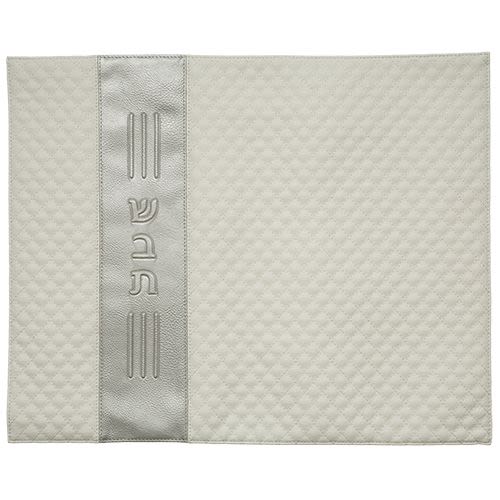
The Cedar And The Reed
Let us be rather like the reed than the cedar, as the Talmud says. The reed, firmly planted, bends beneath the storm, but does not break...

Let us be rather like the reed than the cedar, as the Talmud says. The reed, firmly planted, bends beneath the storm, but does not break.
To be both flexible and firm is the art of the fighter. Flexible to withstand the external opposition as well as the internal crises and to await better days, doing what one can in the meantime. Firm, so that we do not cede to lassitude, to discouragement and to the intimidation of the outside world.
Let us be rather like the reed than the cedar, as the Talmud says. The reed, firmly planted, bends beneath the storm, but does not break.
Who is a stubborn person? Someone who sticks to his idea and nothing can deflect him from it. Neither logic nor sentiment, make an impression on the stubborn man! He pays attention only to his goal … and very often, he attains it.
Character traits are basically neutral energies; the final result depends on how they are used and in which measure. Imagine the disasters that could be caused by perseverance in the wrong place. Imagine, too, the incredible force generated by stubbornness properly employed!
You are on the path of truth; pursue this goal stubbornly! Do not pay attention to those who say, “How can you aspire to pray fervently when only five minutes ago you committed this or that sin?”
This certainly seems logical, but the stubborn man will not heed it. He will pray wholeheartedly according to the way he feels now, and if skeptical thoughts occur to him, he will push them aside as energetically as an obstinate man pushes aside the objections of others. In the long run, who is the winner? The stubborn man.
Even if he has committed some wrong doing, how will bungling his prayer remedy this? On the contrary, this will only make things worse for him. Through his stubbornness, he has pierced the seemingly “logical” shield of his inner objection and has enriched himself with a good deed. With hindsight, he will perceive that this “logic” was in fact totally absurd. He had very little prospect of uncovering the trap y thought; he won with his stubbornness.
This also applies to the difficulties that those around might raise for us, and against which stubbornness sometimes remains the only effective response.
In many cases, it can be preferable to be considered or even treated as stubborn rather than indulging in weakening and fruitless arguments. With a little perception, you will try to discern in the “debates” proposed to you, whether they are simply provocations. In the former case, accept the dialogue; in the latter, do not enter into it, and maintain your point of view stubbornly.
These principles, like others outlined in this work, are valuable pieces of advice which require flexibility, experience and, even better, examples. Armed with these precautions, we can continue the search and succeed in correctly applying the advice.
Therefore dear reader, we ask you not to jump to conclusions that could lead to wrong interpretations. We will not develop these ideas further, in order to avoid exhortation. We would rather offer you general “keys” which, if properly used, will open many doors.
(Used with permission from COURAGE by Israel Isaac Besancon. Published by Shir Chadash Publishers).













Tell us what you think!
Thank you for your comment!
It will be published after approval by the Editor.